If you only vaguely remember from history class the story of Nat Turner’s 1831 rebellion against slave masters in Virginia, Nate Parker’s The Birth of a Nation does a serviceable job at bringing it to life. Sadly, the first-time director adds some unnecessary artistic touches which more often than not get in the way of the story he is trying to tell.
Parker also plays the part of Turner, co-wrote the story and receives full credit for the screenplay — so the story obviously means a great deal to him. Yet, rather than complementing the gripping narrative of a slave who became literate through reading the Bible and then became an evangelist-turned-antebellum revolutionary, Parker’s vision for the story sometimes overwhelms it.
The main place this occurs is through the (sometimes inconsistent) Christ-like imagery Parker imposes on his protagonist. When the audience first meets young Nat, he has birthmarks on his chest which elders say signify he will grow into a man of greatness. Regardless of whether that is an actual fact taken from the source material of this 119-minute “based on a true story” retrospective, in a dream sequence later in the film we see an adult Nat standing beside his younger incarnation and the stigmata is absent from both versions — making one question the significance of ever introducing it all.
Parker’s predilection for messianic indulgence is repeated whenever one of his important characters dies. Backlit angels descend to underscore the proceedings with the role of religion in Turner’s story, but this repetitive thematic intrusion is unnecessary when it has already been so solidly established earlier.
To Parker’s credit, his on-screen chemistry with co-star Aunjanue Ellis is palpable in the scenes where Nat rescues his fellow slave from the auction block, and again when a romance blossoms between these two characters fearfully surviving the horrors of slavery. While the supporting performances — Armie Hammer as a slave owner who grew up with Turner, Penelope Ann Miller as Hammer’s wife and Jackie Earl Haley as a despicable overseer — are also top notch, they’re not enough to mitigate the missteps of their director.
Some may find the violence in The Birth of a Nation unsettling (several of those at the screening I attended audibly gasped when Parker’s camera put it front and unflinchingly center), but its inclusion is neither gratuitous nor avoidable and always informs the drama, rather than detracting from it.
What is distracting, however, is the film’s soundtrack, which wavers between bombastic score and choral arrangements to the ponderous addition of Nina Simone’s “Strange Fruit.” Like the whole of the film in which these selections play, the music of The Birth of a Nation represents an auteur trying too hard to make his story seem important when the actual story does so without ever needing nor demanding it. Rated R for disturbing violent content, profanity and brief nudity.
Opens Friday at Carolina Cinemark, Carmike 10, Fine Arts Theatre, Regal Biltmore Grande



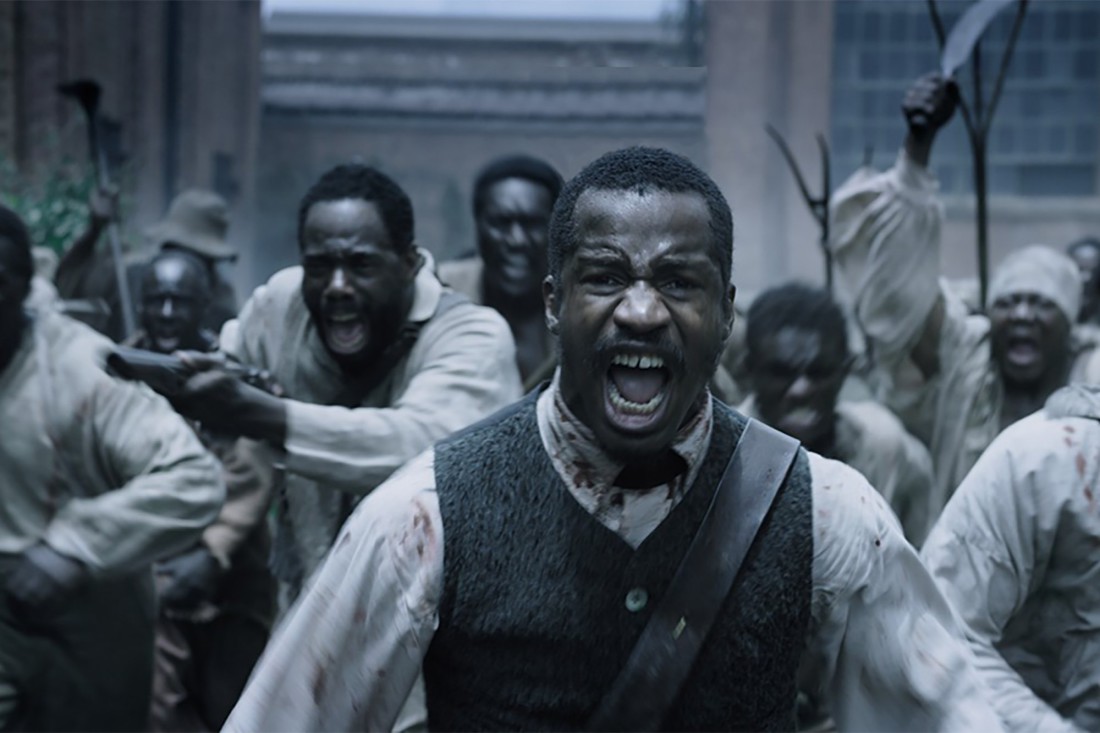
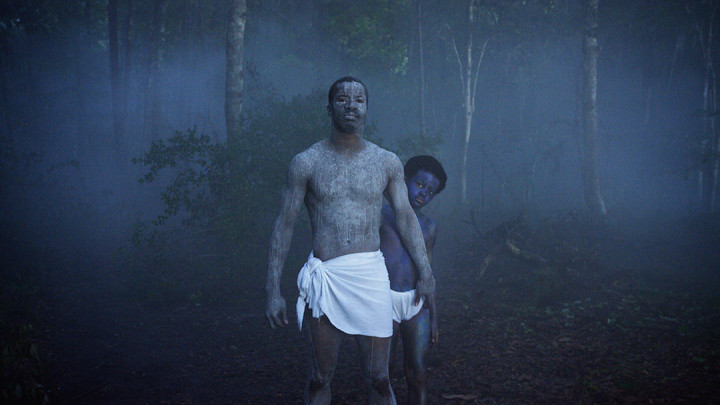
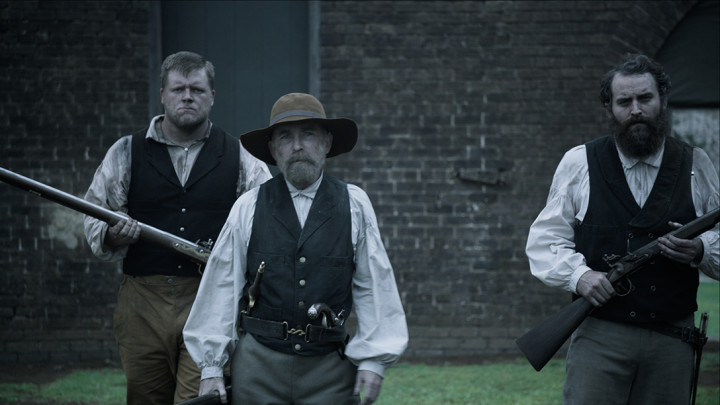
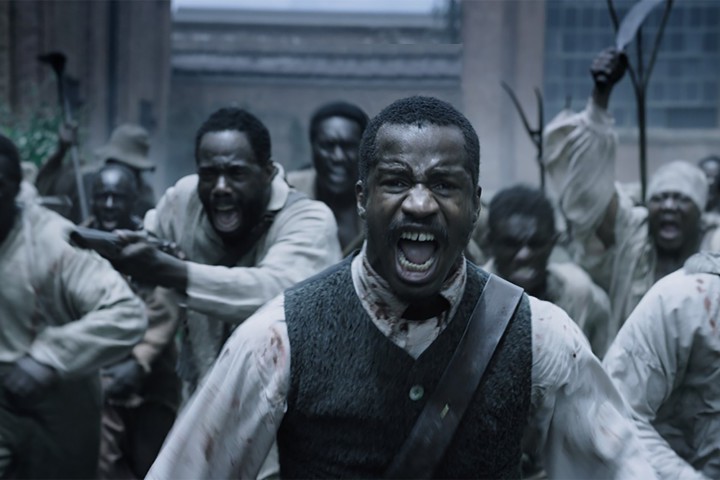
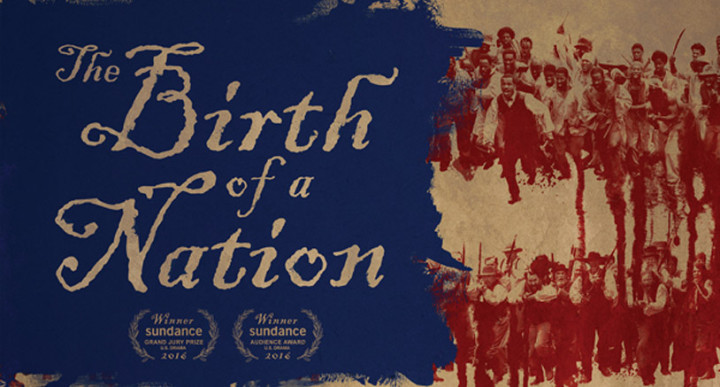
To each their own. I found myself far more profoundly moved by Nate Parker’s artistic additions to the material than by all of 12 YEARS A SLAVE which I found to be didactic, heavy-handed, and gratuitously violent. The visionary sequences, the Hallmark Channel score, and the cinematography all worked for me turning the film (which I went into with serious reservations) into a completely satisfying cinematic experience. The fact that it was shot in only 27 days for a mere 8 million dollars makes it even more remarkable.
“…12 YEARS A SLAVE which I found to be didactic, heavy-handed, and gratuitously violent.”
And boring. A film whose central character was a musician but contained almost no musical content, and a background “soundtrack” of endlessly chirping insects (cicadas?) that nearly drove me out of the theater.
I’m a history buff and expected so much more from that film. Maybe this one will be more my speed.